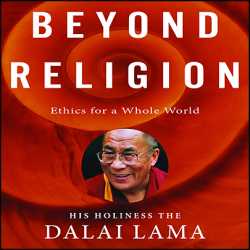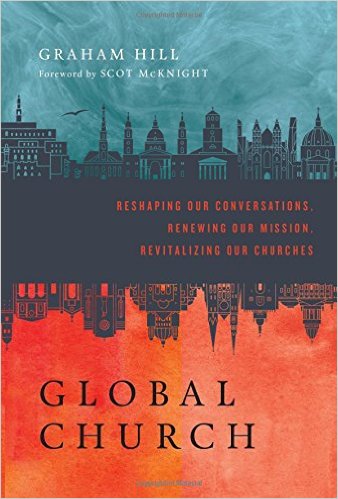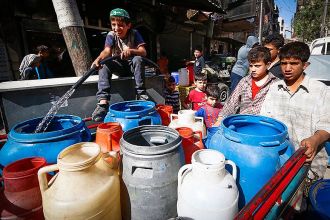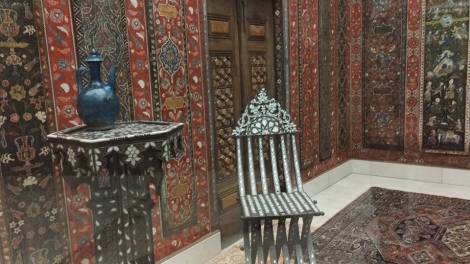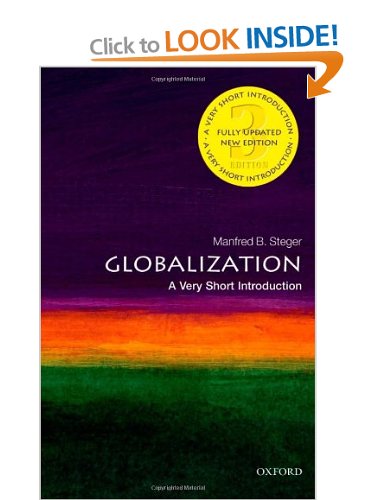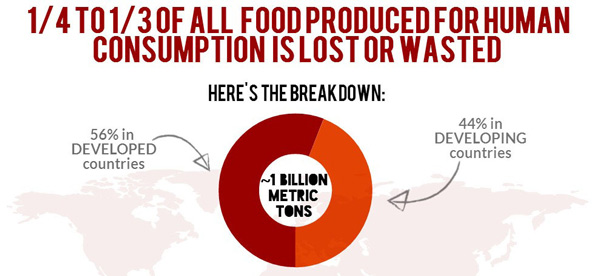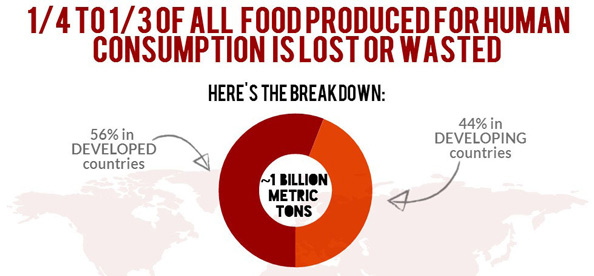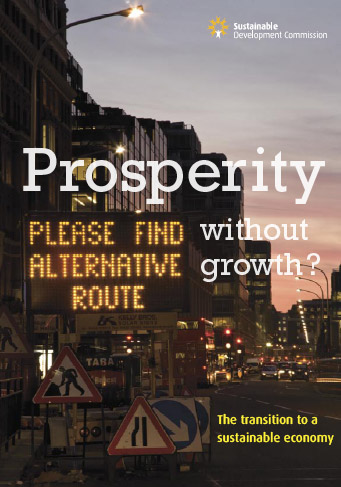Put on then, as God’s chosen ones, holy and beloved, compassionate hearts… Colossians 3:12 (ESV)
Dr. Paul Ekman, Professor Emeritus in Psychology at the University of California, San Francisco, is best known for furthering our understanding of nonverbal behavior. He was also the specialist advisor behind Pixar’s widely popular movie Inside Out, which cleverly explores how the 5 emotions of joy, sadness, disgust, anger and caution shape and influence memories and behaviour. The following video gives an interesting insight and review:
There is an enormous amount of research and focus on how we can become more effective compassionate, humane and joyful. How can we understand and engage ourselves and others in a way which enables us to be the best possible version of ourselves? From neuroscientists to social engineers, social justice activists to wellness coaches, religious teachers to spiritual advisers, there is an intentional pursuit of becoming the best we can be in order to make the world a better place. Below is an inspiring talk given by Lyn White, the Australian animal rights advocate whose primary impulse from an early age was to ‘become the best version’ of herself. Sadly, she found inspiration neither in the Church nor in her school to spur her on. She says this:
On reflecting on humankind’s extraordinary, in fact, incredible achievements don’t you think it is astonishing that we haven’t achieved something as simple as living in peace?… It seems that little is invested into finding a cause and a cure for the greater societal dis-ease which underpins violence whether in the family, in the home, on the street or between countries…
The Dalai Lama (whose recent book, Beyond Religion: Ethics for a Whole World I reviewed here), has recently collaborated with Dr. Paul Ekman on the Developing Global Compassion project and together they have produced webisodes of their discussions here, reviewing topics such as unbiased compassion, why some people have global (distal and inclusive) compassion, whether compassion is genetically inherited or learnt, intelligence and compassion and so on. These and other projects are attempting to help move us forward as a human race, to engage us in a more hopeful, collaborative vision of the future; to become the best possible version of ourselves. There is certainly no lack of intentionality, but how far does this go in truly healing us, in creating peace and ensuring justice?
The biblical journey of becoming whole begins, as do many modern ones, with an act of recognition; in scriptural language this is framed as repentance. Recognition is an awareness that a breach (a gap) has taken place (opened up) which has alienated us from ‘the best version of ourself’. The biblical narrative indicates that this breach is one which alienates us from God, from ourselves, from others and from the rest of Creation. Many of us do not recognise (that act of recognition I referred to earlier) the extent of this breach and we thus limit the extent to which we become the ‘best version of ourselves’ in our context. Biblical language can sometimes sound archaic and irrelevant in our modern world, but I like the concept of The Fall for 2 reasons; firstly, because it suggests that we are all in this together-it has corporate significance and secondly, because it suggests that we can get up again! But first, the act of recognition. The Bible refers to this act of recognition in a number of ways: as being like a sleeper waking up, or as seeing clearly-as if scales have fallen from our eyes; becoming acutely aware and having a new perspective which changes the way we see ourselves, others around us, the natural world and God. This new perception impacts our behaviour, the way we treat ourselves and others, the way we treat animals and the whole of creation in fact. This is a process of becoming the ‘best version of ourselves’ that we can be.
But, the biblical narrative also indicates that we need assistance in this process of recognition and change. The apostle John in his gospel account connects Jesus’ words with this desire to be the ‘best version of ourselves’ in chapter 15:5: ‘I am the vine; you are the branches. If you remain in me and I in you, you will bear much fruit; apart from me you can do nothing’. The apostle Paul a very religious man and punctilious in terms of doing the right thing, also acknowledged that he had ‘nothing apart from Christ’ (Philippians 3:5-8).
This ‘remaining in Christ’ is also part of the act of recognition; it is the turning towards, in faith, the example of the best version of ourselves. Paul speaks of this as a transformative process in 2 Corinthians 3:18:
And we all, who with unveiled faces contemplate the Lord’s glory, are being transformed into his image with ever-increasing glory, which comes from the Lord, who is the Spirit.
There is a great mystery in this recognition…indeed it is surely a matter of faith. Do we have the faith that enough of us will recognise the glory that we can become? Jesus himself asked
And will not God bring about justice for his chosen ones, who cry out to him day and night? Will he keep putting them off? I tell you, he will see that they get justice, and quickly. However, when the Son of Man comes, will he find faith on the earth?”


